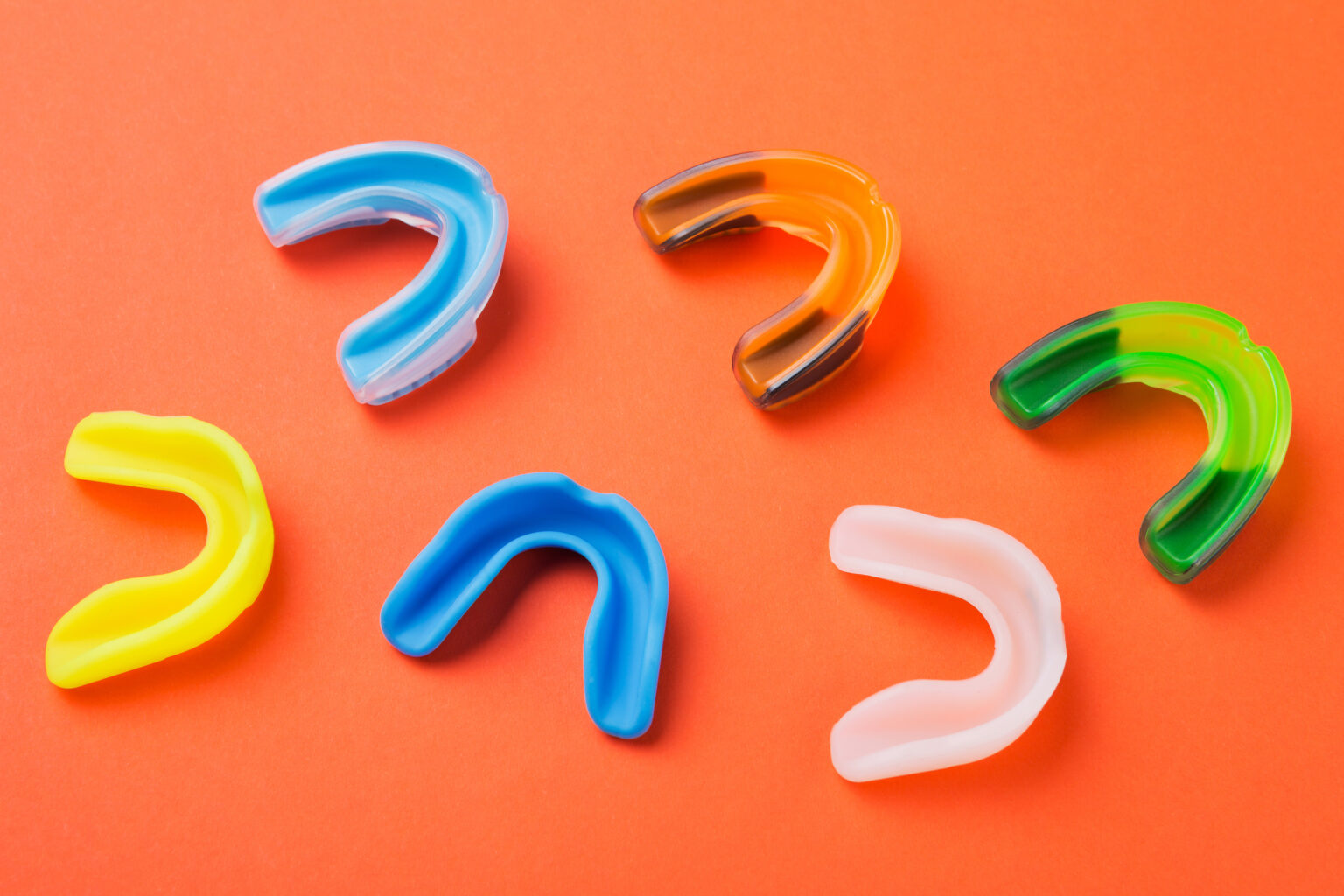A mouthguard may be recommended by your dentist in Forest Lake for a variety of conditions, including teeth grinding, bruxism, jaw pain, and obstructive sleep apnea. Additionally, there are some affordable and simple choices available that could assist you. The issue is that many people will find it difficult to adjust to and benefit from using a nighttime dental guard.
Effective advice for sleeping with an oral appliance in this situation may speed up your adaptation to the oral device. It will be more comfortable for you to wear it to bed every night the sooner you become used to it.
How to Wear a Nightguard
Your experience with the night guard will be greatly enhanced if you know how to wear one, especially if you use these tips:
-
Personalized Dental Guards
The fit comes first. A dental guard designed specifically for you will fit your teeth and provide better comfort and safety while you sleep. Buying a dental guard off the shelf can cause soft tissue damage and further disturb your sleep. They will also make you uncomfortable and not fit securely.
Get a night guard near you that is built specifically for you to avoid the frustration of one that is too big, too small, or too hard. For your appliance, pick the appropriate material. Most people who suffer from severe bruxism use a rigid guard. A soft guard, though, can be just as effective. In actuality, a lot of our clients like a soft guard with an incredibly loose and comfy fit.
-
Maintain Your Device
If a dental guard is not kept clean, bacteria can grow on it and produce bad breath. Additionally, bacteria and bad oral care can result in cavities and tooth decay. Utilize a toothbrush and mouthwash to quickly clean your mouthguard each day. Additionally, there are lots of all-natural ways to clean the mouthguard, like vinegar and hydrogen peroxide!
-
Putting the Dental Guard in Place
For comfort, it’s crucial to understand how to use a mouthguard. Make sure your mouth and night guard are clean before bed to stop the growth of bacteria. After that, place the upper and bottom trays in their proper positions in your mouth with your fingers. Applying pressure to it with your fingertips to keep it in place, as recommended by a dentist near you. Your teeth should not feel excessive pressure; it should fit rather snuggly.
-
Adjustment Time Frame
At first, having a foreign object on your teeth may seem unusual or bothersome. To get acclimated to the sensation, it will take a few nights. The rewards are worthwhile, so have patience and persevere! After a few weeks, you’ll realize it comes naturally to you. By using a mouthguard at night consistently, you can benefit from all of its advantages.
Problems with Bad Night Guard Fit
Your teeth can be too tight from the night guard if they hurt when you wake up. But before you make a decision, it’s crucial to wear your dental guard for at least a few weeks until it becomes sufficiently loose. Keep in mind that your appliance won’t completely enclose your teeth and extend to the gum line.
If you have any of the following symptoms, your night guard is not fitting you properly:
- Teeth shift
- Gum irritation, cuts or sore teeth
- Sore teeth
- Gag problem
- Can’t speak clearly
- When you move your mouth, the appliance moves.
Contact Our Team Today to Learn More
If you choose to pursue this course of treatment, it is important to get a high-quality product because it guarantees a precise fit. A high-quality night guard in Forest Lake will make it easier for you to become acclimated to the guard.
Take action to look after your teeth right away by getting in touch with Forest Lake Dental for further details.

